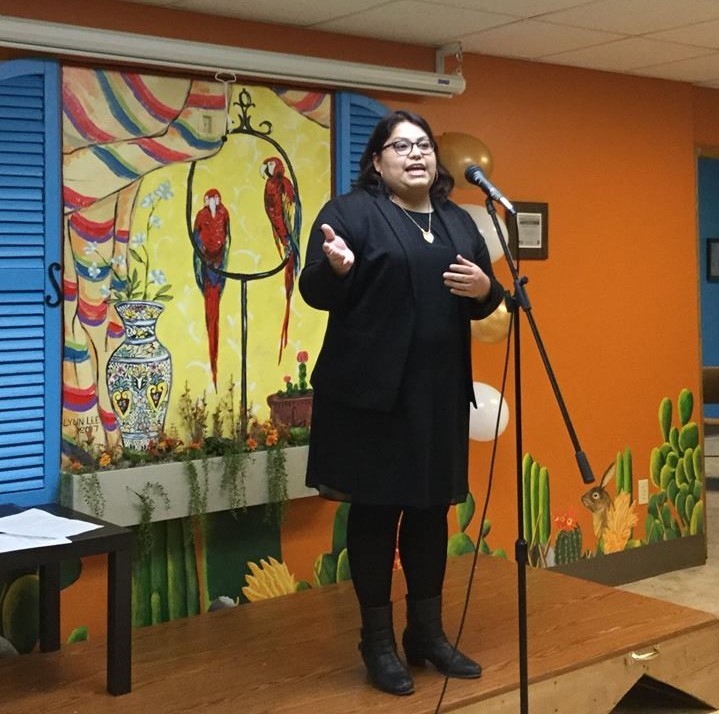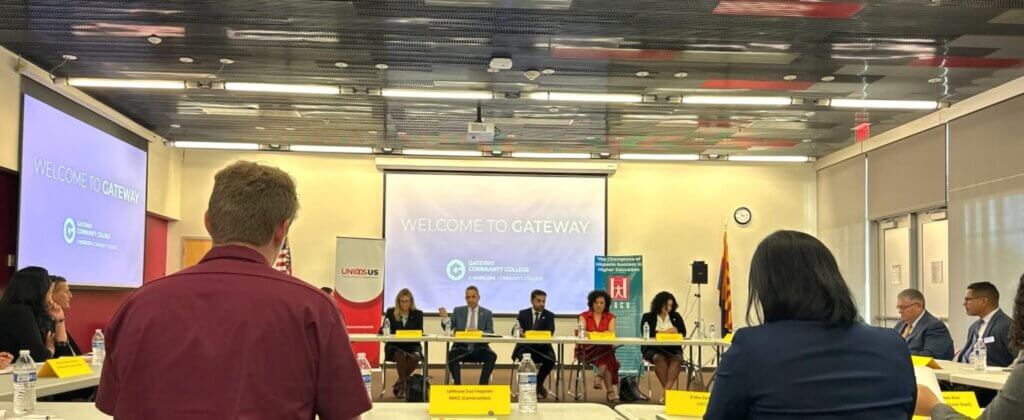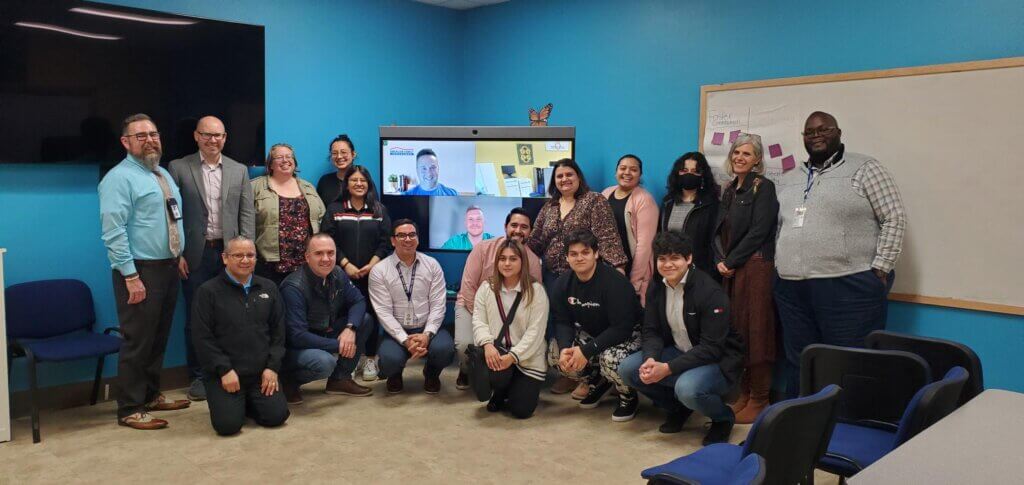Centro Hispano: The little Latin American country in Wisconsin
Centro Hispano of Dane County (Centro Hispano), located in Madison, Wisconsin, was initially founded in 1983 to address the needs of Cuban immigrants settling in the Midwestern state.
Now, more than 30 years later, the UnidosUS Affiliate has helped immigrants from many countries build new lives and feel at home in Wisconsin. Having established such a strong presence in the community has helped the organization become known as Wisconsin’s “little Latin American country,” says Mariela Quesado Centeno, Director of Adult Programs at Centro Hispano.
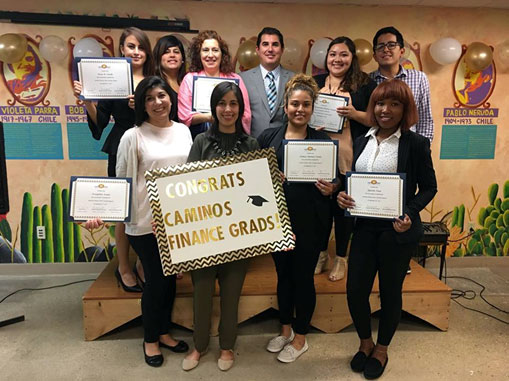
A highlight of Centro Hispano’s services is its Caminos in Finance Program, which has been successful in helping community members find quality entry-level jobs in the financial services sector.
Caminos in Finance is a 10-week training program created with assistance from the UnidosUS Bilingual Bank Teller Training Curriculum. It teaches participants banking best practices, customer service expertise, financial protocols, interviewing and job search strategies, and other in-demand skills.
Additionally, participants go through personal finance classes and complete five hours of community service. Students graduate with stronger personal and professional skills, and ready to launch a career within the financial services sector.
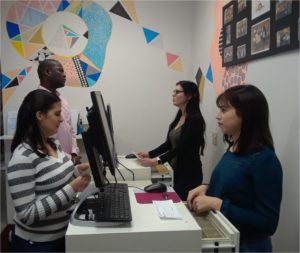
Results have been impressive: the program has graduated 49 participants and counting since March 2016, 80% of whom found employment in the financial services sector or a related field. Graduates start earning on average $15.20 per hour, which represents an increase in wages of $4.95 per hour from their previous jobs.
In total, the program has generated close to $500,000 per year in wage increases for participants.
The idea for Caminos in Finance came from Scott López, Vice President of Human Resources & Organizational Development at Centro Hispano, who wanted to create a career program to address the need for diversity in the financial services sector in Wisconsin’s second most populated city.
In 2016, he began to design Caminos in Finance using the UnidosUS Bilingual Bank Teller Training Curriculum and consulted with local banks that already had relationships with Centro Hispano. The program had three goals: train future employees, build up a diverse workforce, and let participants earn college credits from their training and work with local credit unions.

Through this new program, Centro Hispano forged strong relationships with employers to help them create a more diverse and inclusive workplace. In turn, employers support the program financially, donate equipment (like bank teller stations), conduct mock interviews, teach classes, and provide input so that the program remains relevant to market needs.
Employer partners also have made their workplaces more welcoming to new diverse staff, including through mentorship opportunities and affinity groups for new hires. These efforts are bridging the cultural divide (between the employers and participants), instilled greater confidence in participants transitioning to the workforce, and helped them find success in their new jobs.
The successful partnerships between Centro Hispano and committed employers have changed lives. One student, Jose*, was earning minimum wage working as a parking valet when he learned about the program from a community partner. He was eager to find a job that would pay more and lead to a fulfilling career and felt that this was a great opportunity.
Although he had a longstanding passion for finance, he had faced some barriers to education and employment that prevented him from turning this passion into a career. The Caminos in Finance program provided Jose a supportive environment that allowed him to channel his interests and within weeks gain in-demand skills he could use to start a new career.
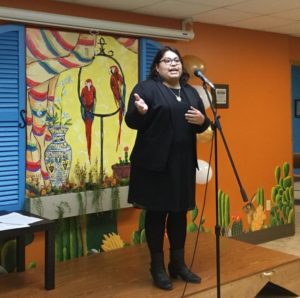
Upon graduation, Jose’s new skills and outgoing personality led him to acquire a job as a Universal Banker at Summit Credit Union. With support from Centro Hispano, he is now on a career path that he is passionate about and that will lead to long-term economic advancement.
Participant success stories like Jose’s are a testament to the program’s success, and they have encouraged Centro Hispano to expand the program. As they serve their seventh class of students, staff continue to set high goals: strengthen partnerships and funding, increase the number of program graduates, and develop mentoring opportunities between program graduates and current students.
To learn more about Centro Hispano, visit their website here.
MORE FROM UnidosUS AFFILIATES
http://blog.unidosus.org/2018/03/30/recipe-for-unity-rise-above-phoenix-valle-del-sol/
http://blog.unidosus.org/2018/02/14/unidosus-escalera-program/
